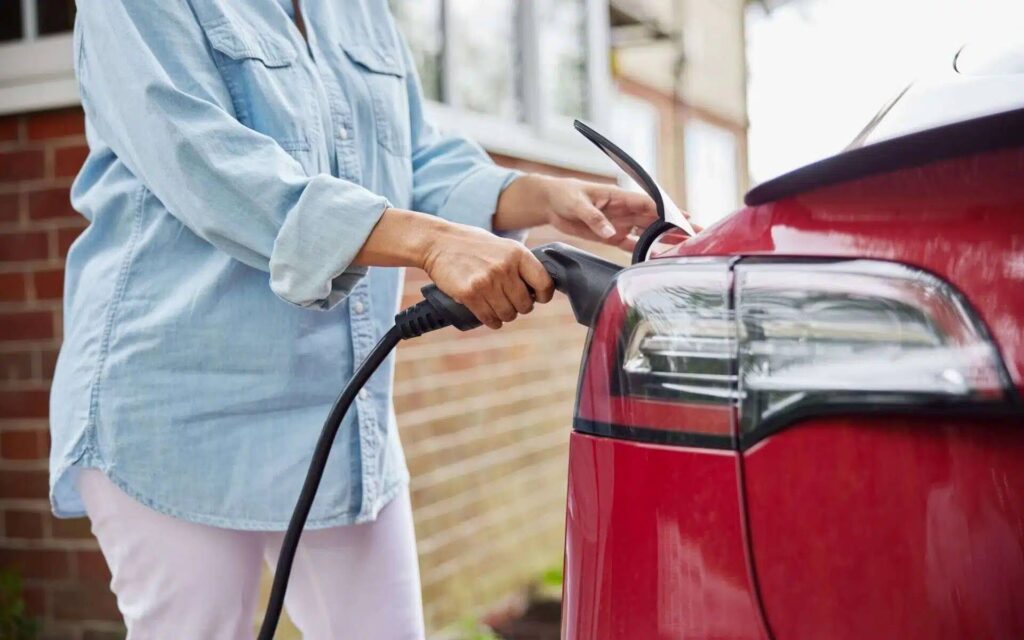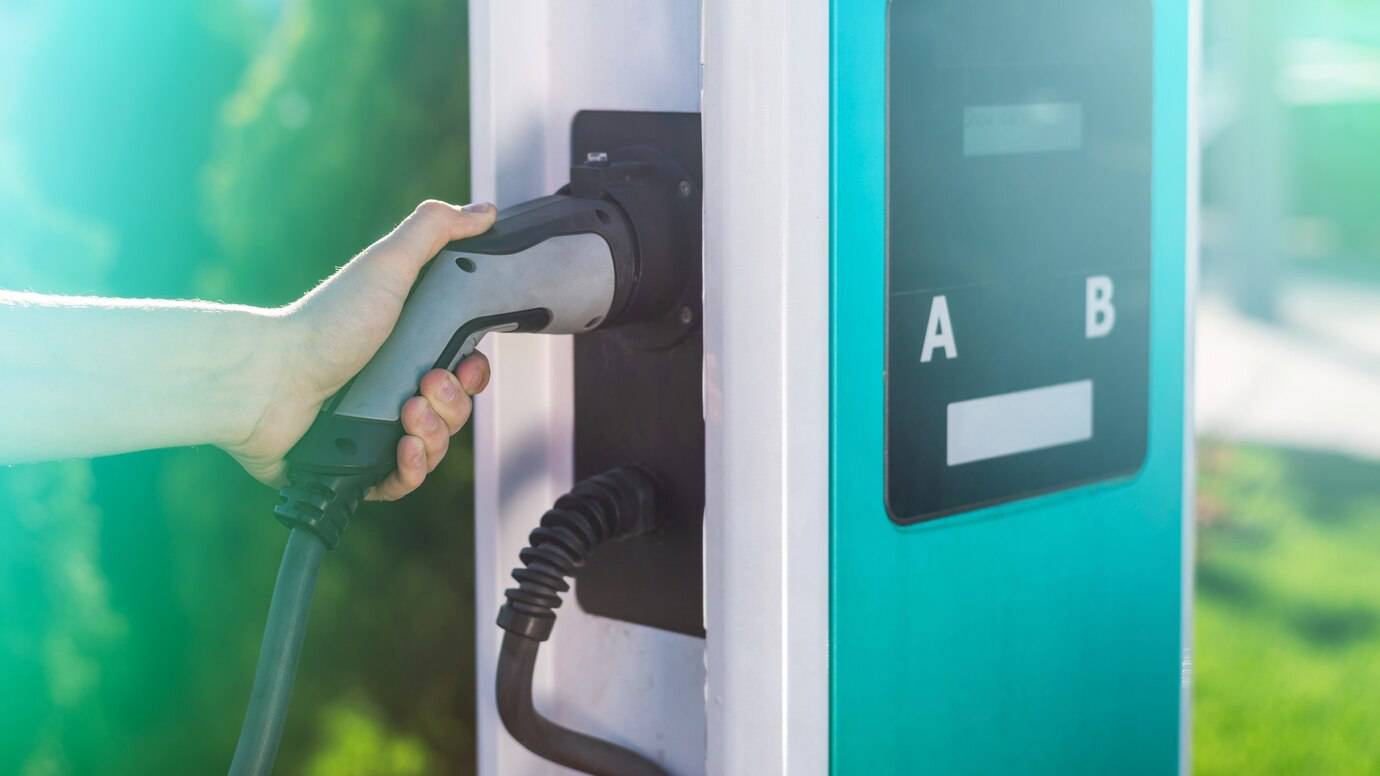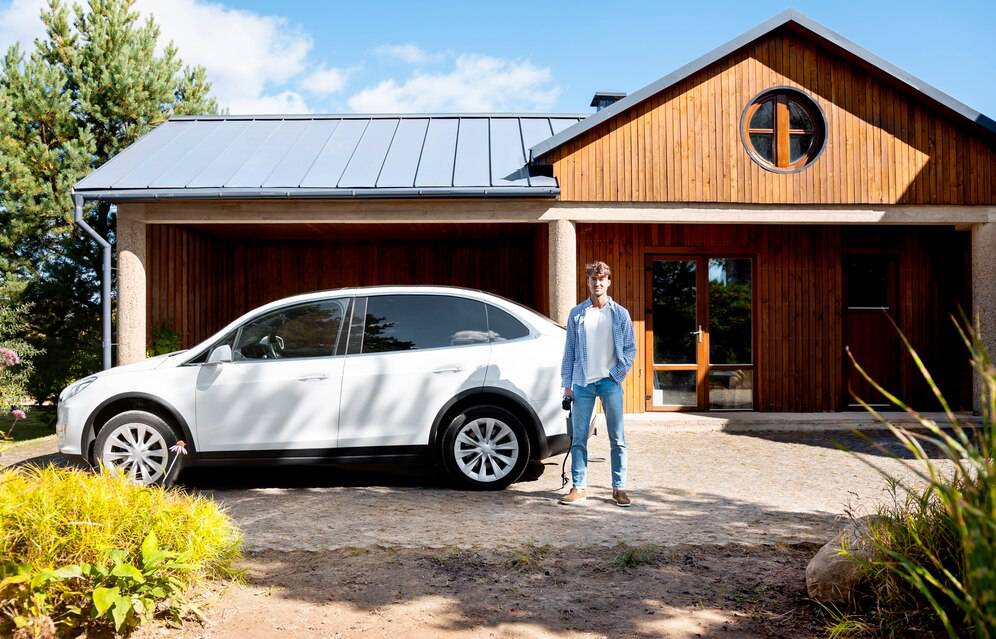The Automobiles & Vehicles Blog

Get EV Charger Rebates & Incentives
Installing a home EV charger is one of the smartest moves an electric vehicle owner can make — but it doesn’t have to be expensive. Thanks to EV charger rebates, government grants, and energy provider perks, there are plenty of ways to cut the cost of getting set up.
Whether you’re buying your first electric car or upgrading your home charging setup, this guide will walk you through the rebates and electric vehicle incentives available in the UK and beyond. You’ll discover where to apply, what to prepare, and how to combine offers for maximum savings — plus a few unexpected home charging deals you may not know about.
Let’s help you electrify your driveway for less.
Why Incentives Matter for Home EV Charging
Reduce Your Upfront Costs
With installation often costing between £800–£1,200, any rebate helps ease the transition to electric — especially for first-time buyers.
Speed Up Payback
The sooner your charger is installed, the faster you start saving on public charging costs. Incentives shorten the return-on-investment time significantly.
Accelerate Clean Energy Adoption
Governments and utilities offer incentives to reduce grid strain, promote off-peak use, and meet climate targets. Everyone wins when more EVs are charged at home.
Overview: Types of EV Charger Rebates and Incentives
- Government Grants
- Energy Supplier Discounts and Smart Tariffs
- Manufacturer or Installer Promotions
- Local Authority Schemes (selective)
- Tax Relief or Green Finance Options
1. Government Grants (UK): OZEV’s EV Chargepoint Grant

Previously called the “Electric Vehicle Homecharge Scheme (EVHS)”, this has been rebranded and refined.
Who’s Eligible?
- Flat owners or renters (houses no longer qualify)
- You must have off-street parking
- Must use an OZEV-approved installer and charger
- Must own or lease an eligible EV
How Much Is the Grant?
- £350 off the total cost of a home charger installation
How to Apply:
- Choose an OZEV-approved installer (e.g. Pod Point, Ohme, Hypervolt)
- The installer will apply on your behalf — you simply provide proof of EV ownership and tenancy
2. Energy Supplier Rebates and Smart Tariffs
Octopus Energy: Intelligent Octopus
- Integrates with smart chargers (like Ohme)
- Offers rates as low as 7.5p/kWh during off-peak hours
- May offer charger discounts or free installation during promotions
British Gas: EV Tariff
- Specialised off-peak pricing between 12am–5am
- Monitor usage via app
- Periodic hardware discounts with long-term tariff contracts
E.ON Next Drive
- EV tariff offering 2,500 bonus Nectar points
- Smart meter required
- Lower rate from 12am–7am
EDF GoElectric
- Fixed pricing for 24 months
- Home charger discounts through Pod Point partnership
3. Manufacturer & Installer Promotions
Many EVSE manufacturers and charging networks run occasional promos. Examples include:
- Pod Point – Bundle deals with EDF customers
- Wallbox – Cashback events or free installation upgrades
- Hypervolt – Free accessories with purchase
- Andersen – Seasonal design packages or discounts for EV club members
Tip: Join manufacturer mailing lists or EV owner forums to catch short-lived offers.
4. Local Authority or Council Schemes
While less common, a few councils run pilot programs or community energy schemes that offer:
- Extra installation support for low-income households
- Grants for communal EV chargers in flats
- Funding for kerbside charging
Example:
- London boroughs like Wandsworth and Camden have partnered with Ubitricity and Connected Kerb to expand shared access chargers — sometimes with subsidised installation
Check with your local council’s sustainability or transport department to see if anything is available.
5. Tax Breaks, Green Finance, and Salary Sacrifice
Workplace Charging Scheme (WCS)
If you’re self-employed or run a business, you can:
- Claim up to £350 per charger (up to 40 units)
- Install chargers at your business location or your home (if using a company vehicle)
VAT and Capital Allowances
- VAT is charged at 5% on home EV charger installations instead of the usual 20%
- Business users may also be able to deduct costs via capital allowances
Green Loans or Finance Options
- Many banks now offer low-interest green loans for EV charger installations
- Check with your mortgage provider or credit union
Real-World Example: Emma’s Charger Rebate Success
Emma, a secondary school teacher renting a flat in Reading, switched to a Hyundai Kona EV last year.
“I didn’t know if I’d even be eligible for a charger rebate, but my installer walked me through the OZEV form. It knocked £350 off the cost, and with the Octopus tariff, I now pay around £3.20 for a full charge. That’s enough for nearly a week of driving!”
Claim Your EV Charger Incentives
Confirm Eligibility
- Are you a renter or flat-owner with off-street parking?
- Do you own or lease an eligible EV?
Choose an OZEV-Approved Installer
- Most major brands partner with certified installers who handle rebate submissions
Choose a Smart Charger
- Select one compatible with your energy tariff and charger rebate programme
Submit Documents
- Proof of address, vehicle ownership, and permission from landlord (if renting)
Schedule and Install
- Installation takes 2–4 hours; rebates are usually applied as a discount on your invoice
Tips to Maximise Your Savings
- Bundle smart tariffs with charger deals
- Use employer or salary sacrifice schemes where possible
- Install solar panels and use chargers like Zappi to draw from renewables
- Apply early — some local incentives are first-come, first-served
Common Myths Debunked
Myth 1: Only homeowners can get grants.
Not true — flat owners and renters are currently eligible under the new scheme.
Myth 2: Public charging is cheaper.
Public chargers are often 2–3x more expensive per kWh compared to off-peak home charging.
Myth 3: You need a Tesla or premium EV to qualify.
All eligible plug-in vehicles — from the Nissan Leaf to the MG4 — qualify if you meet the grant conditions.
Get Smart and Save Big

If you’re thinking about installing a home charger, there’s never been a better time. Between EV charger rebates, energy provider offers, and smart charging tech, you can slash installation costs and charging expenses from day one.
Whether you rent a flat or run a small business, incentives are designed to make the EV transition easier and more affordable — so don’t miss your chance to benefit.









